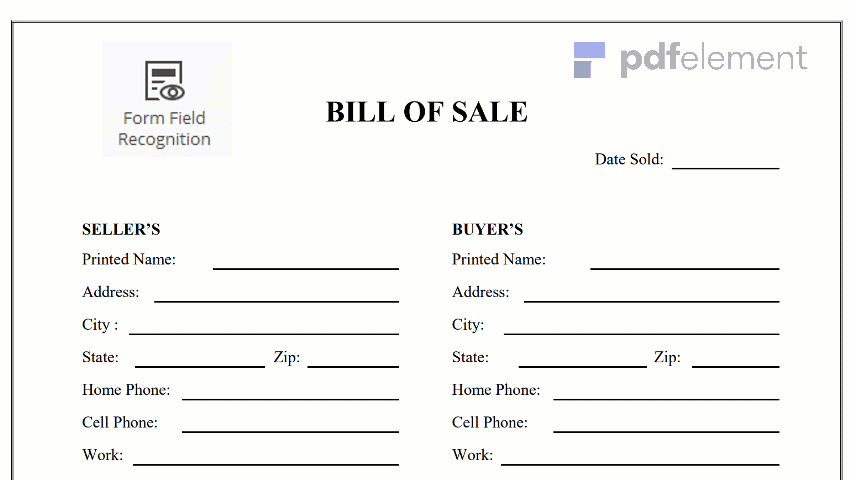
A Raci Chart is a systematic linear responsibility chart that shows where a group of people needs to participate to or do with a respective role. R stands for Responsible, A for Accountable, C for Consulted and I for Informed. These four letters are commonly distributed along the columns in line with the person or doer. This chart helps to determine which role is going to be done by a person or group; it drives them to perfectly understand job description, requirements which lead them into productivity. An effective organization can work quickly and efficiently with this kind of diagram as it avoids them of being lost on their roles. It is also a good way of communicating and identifying who does what.
A Raci Chart should not be a complicated diagram. It follows certain contents to clarify things or role to be exact. It is usually a matrix or chart wherein the tasks are lined against the roles followed by the activities on the left side of the chart. To make it accurate, the topmost part of the columns can be filled with the group or individual name for role designating. It is carefully analyzed, there should be only one or few roles for a doer in order to work effectively and avoid clash. RACI should not or doesn’t need to include all the basic or generic tasks.
Creating a Raci Chart can be an easy task more if the one in charge knows the objective of it, while decision making or role distributing shall be discussed and analyzed. Enlisted below are the step by step procedures of making a Raci Chart:
Step 1 Identifying the Tasks: It is a common denominator in a RACI chart so this should be thought about first. Knowing what should be done shall be enlisted chronologically to come up with a successful process from small to big acts.
Step 2 Assessing the participants: Now in a group, a leader should know who to entrust with a particular task and know all of their behavior. This means assessing and knowing the capabilities of the staffs to easily determine what and who to assign. A checklist can be done with this step.
Step 3 Creating the matrix: Once all of the content needed is determined, proceed to laying out the chart. Now the chart should be clearly stating every name and task so better yet to make separated columns for each name, task and an open space to put the roles. Draw the first cell and separate it with a line labeled as tasks vertically and then roles or names of the role taker horizontally. As it there would be vertical lines for each names, it would also create the spaces for the R A C I letters downwards. Remember to put the meanings of the letters for a better understanding.
Step 4 Meeting: Once the blank chart is done with its respective labels, a leader can now call on a meeting, with the complete number of participants. They should now start brainstorming and talking and can even be nominating for the roles that a participant should have or take. Put the correct label or code for each name and task. Everyone should have their roles for a more productive group.
1. Superior roles need superior skills. Do not put more than one person who is accountable for every task. It might bring conflict and end up clashing staffs.
2. Assigning the one responsible for the task needed to be done needs an action doer who is capable of meeting the expectations to avoid delay.
3. All the roles must be talked and discussed about to designate the right person on a task. This could be really enjoyable but make sure not to take sides.
4. There should be one role for everyone as well as do not give two Rs and As into one person. A job can always be divided and distributed within a group enhancing their skills as a team player.